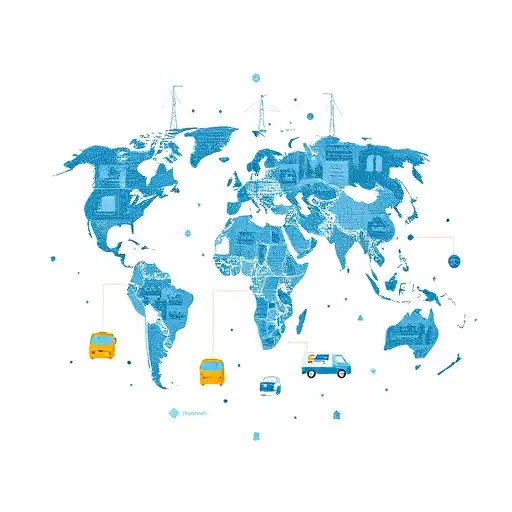
Exploring the impact of AI on global employment trends and the economic landscape in 2025.
In recent years, the rapid advancement of artificial intelligence technologies has significantly altered the global labor market. As we progress through 2025, the impact of AI on employment trends and economic structures continues to generate both opportunities and challenges worldwide. This evolution has been most pronounced in industries such as manufacturing, logistics, and customer service, where automation promises increased efficiency and reduced operational costs.
A key driver of this transformation is the integration of machine learning algorithms capable of performing complex tasks once reserved for human workers. For example, in logistics, AI systems now optimize supply chains by predicting demand fluctuations and automating warehouse operations. Meanwhile, AI-powered chatbots have revolutionized customer service, offering instant support and reducing human involvement.
However, this shift has not come without its drawbacks. Concerns about job displacement have become a central issue, sparking debates on the need for comprehensive retraining programs. Governments and private sectors alike are increasingly urged to invest in acquiring new skills among the workforce to better align with emerging technological demands.
Moreover, the economic impact of AI-driven automation is multifaceted. While businesses enjoy lower costs and higher productivity, they also face the ethical responsibility of addressing unemployment and income disparity. Policymakers are tasked with balancing innovation against social stability, ensuring that the benefits of AI do not disproportionately favor a select few.
Looking forward, it is crucial to understand that the full potential of AI cannot be realized unless industries commit to responsible and inclusive implementation strategies. Collaboration among stakeholders is essential to foster environments where human and artificial intelligence coexist productively, harnessing the advantages of technology while safeguarding human livelihoods.
In conclusion, the AI revolution is reshaping the global labor market, pushing us to reconsider traditional vectors of employment and economic development. While challenges persist, the future promises exciting new dynamics if managed wisely and inclusively.




